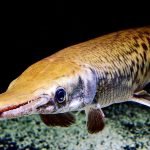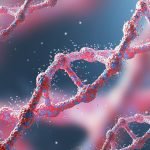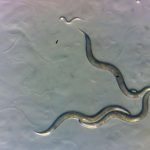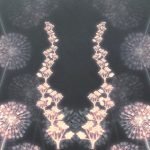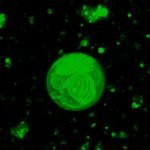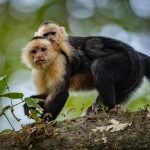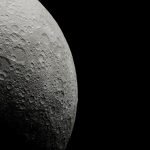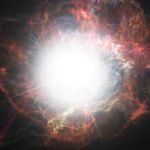Seaweed: A beacon of hope in global catastrophes
Imagine a world shrouded in darkness following a massive volcanic eruption or, even scarier, a nuclear war.
In these grave scenarios, sunlight, essential for most...
Why some living fossils haven’t changed for millions of years
Imagine animals that look almost exactly the same as their ancestors did millions of years ago, like they've been frozen in time while everything...
Study investigates how the human chin evolved
Brian Keeling, a doctoral candidate from Binghamton University with a passion for unraveling the mysteries of our evolutionary past, has set his sights on...
Scientists unlock the secrets of gene inheritance
Scientists have made an exciting discovery that helps us understand how traits and characteristics get passed down from parents to their children without changing...
Life thrives in the shadow of Chornobyl
In 1986, a catastrophic event at the Chornobyl nuclear power plant sent waves of radioactive material across the nearby lands, creating what many would...
How plants fight back against invaders
Plants, like all living things, face threats from diseases and pests.
When attacked, they don't just sit back; they have a complex defense system that...
The dawn of life: New study reveals the mystery of Earth’s first cells
Imagine our planet Earth about 4 billion years ago, a young world just setting the stage for life.
Scientists have long pondered how life began,...
Why humans don’t have tails
Once upon a time, our ancient relatives had tails, much like monkeys do today. But as time went on, humans and our closest ape...
Could tardigrades have colonized the Moon
Just over five years ago, on 22 February 2019, an unmanned space probe was placed in orbit around the Moon.
Named Beresheet and built by...
Cosmic dust could have helped get life going on Earth
Life on our planet appeared early in Earth’s history.
Surprisingly early, since in its early youth our planet didn’t have much of the chemical ingredients...

